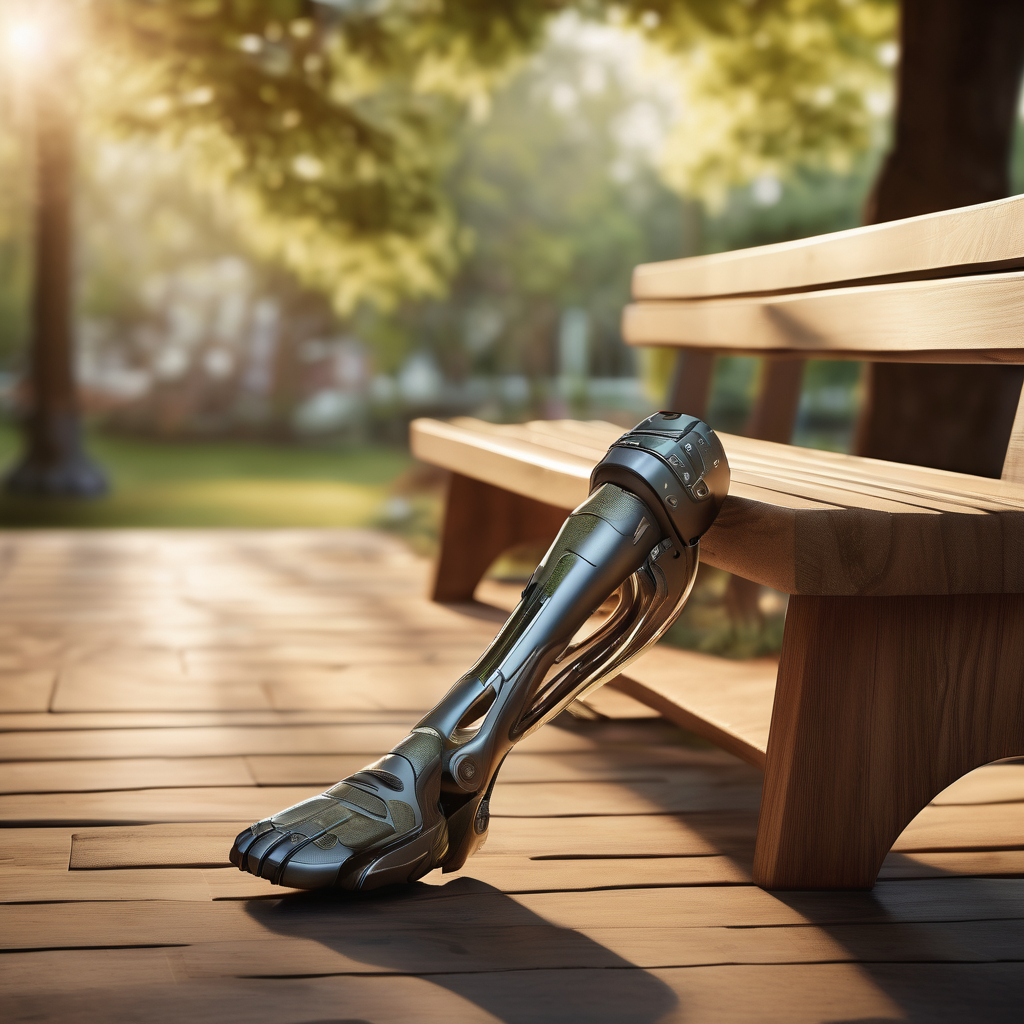Ruth Codd is on the mend after undergoing her second below-knee leg amputation, a decision that follows years of ongoing medical complications stemming from a football injury she sustained at age 23. The Irish actress, who gained recognition through TikTok and starred in Netflix’s horror series The Midnight Club, has become a symbol of resilience for many across the globe.
Codd’s first amputation came after eight years of complications and persistent pain due to the initial injury. In a recent TikTok post, she shared her situation candidly: “Good news, we’ve had a full-circle moment. I’m back making TikTok content in my parents’ house. Bad news, I can’t do it upstairs, because I’ve just had my second below-knee amputation.” Her ability to approach such a serious topic with humor reflects her trademark wit despite facing profound challenges.
Codd is no stranger to living with a limb difference. In conversations about her experiences, she has explained how using crutches affects her mobility and quality of life, admitting that her health challenges have made her career path more difficult. However, her determination to adapt is evident. “I’ve been through it once before, so I think with two prosthetics, I’ll be pretty unstoppable,” she noted, highlighting her unwavering optimism.
Her rise in the entertainment world began through her strong presence on TikTok, which led to groundbreaking roles including a limb-different Viking warrior in the 2025 live-action adaptation of How To Train Your Dragon. Codd expressed pride in portraying Phlegma the Fierce, stating, “I’m proud to play a strong, capable character with a limb difference.” This role not only exemplified her talent but also contributed to important discussions around representation in media.
In addition to her acting pursuits, Codd has engaged audiences through her participation in Celebrity Traitors, where she showcased her competitive nature and strategic thinking. Throughout her personal and professional journey, she has remained connected with her fans, offering updates on her recovery and daily life while residing with her family for support.
Codd’s openness about her challenges has resonated with many, particularly those facing similar health issues. She embodies a spirit of resilience and self-acceptance, noting that her recovery is a personal journey influenced by community and family support. Codd’s story emphasizes that overcoming adversity is not solely a physical endeavor but also an emotional one, highlighting the importance of forging connections amidst difficulties.
As Ruth Codd continues to navigate life with two prosthetic legs, she stands committed to her acting career and advocacy for disability representation. Her journey illustrates how courage and creativity can triumph over adversity. By challenging conventional notions of ability and heroism, Codd inspires others to see strength in vulnerability and sparks hope for a more inclusive representation in media. Her experiences underscore the vital intersection of health, identity, and visibility, reminding us all what it truly means to live authentically and fully.
